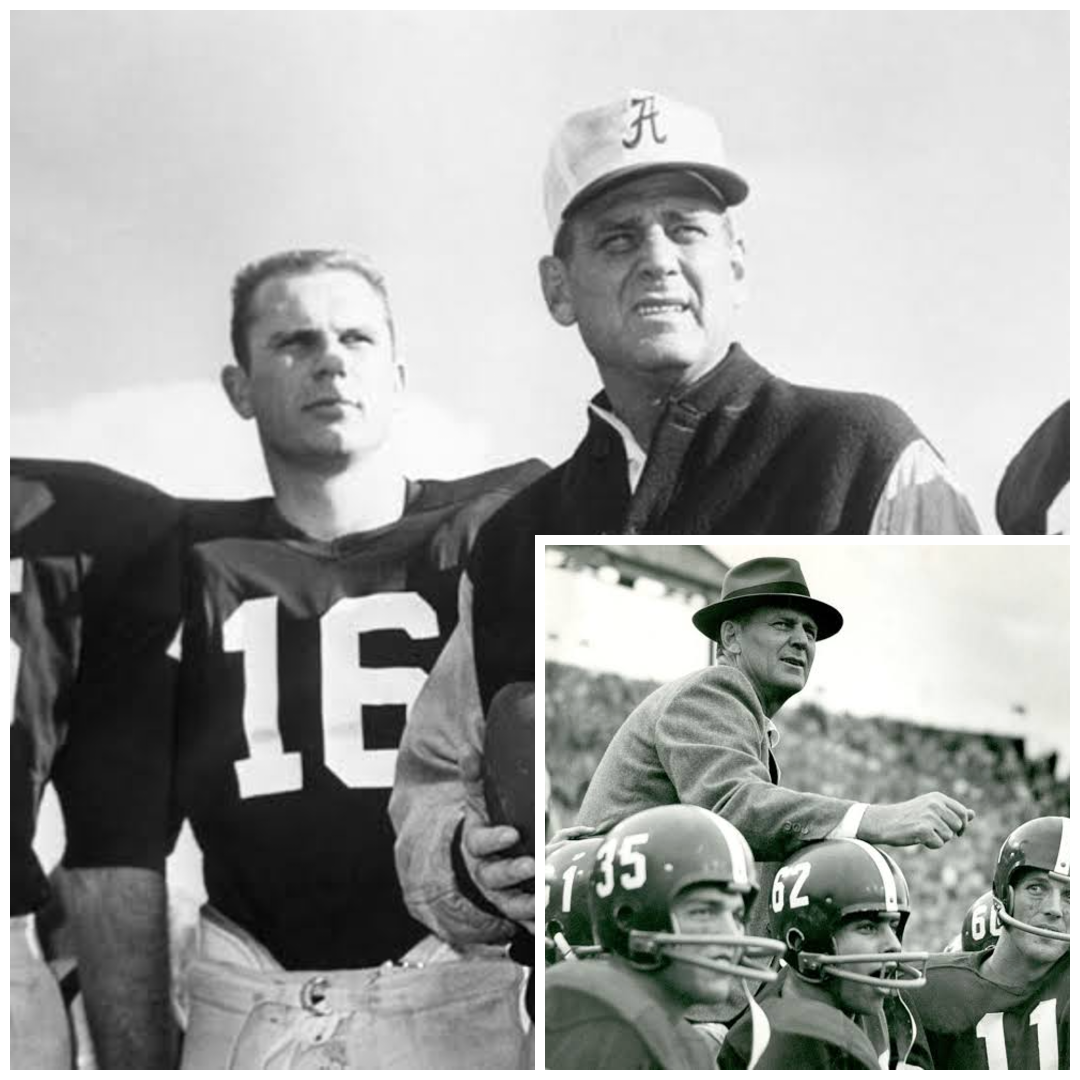How Bear Bryant Built a Dynasty: The Relentless Coach Who Transformed Alabama Football into a National Powerhouse with Discipline, Innovation, and Six Championships
When Paul “Bear” Bryant took over as head coach of the Alabama Crimson Tide in 1958, the program was a far cry from the national juggernaut it would become. The team was struggling, fan morale was low, and its legacy as a former powerhouse had faded. But Bryant, an Alabama alum himself, returned to Tuscaloosa with a mission — not just to rebuild, but to redefine what excellence in college football looked like. Over the next 25 years, he would do exactly that.
A Return with Purpose
Born in Arkansas and nicknamed “Bear” after wrestling a bear in a carnival as a teenager, Bryant was already a successful coach at Texas A&M and Kentucky before Alabama came calling. But Alabama wasn’t just another job — it was personal. He famously said, “Mama called. And when Mama calls, you just come running.”
From day one, Bryant instilled a culture of discipline, hard work, and accountability. His practices were legendary — physically punishing and mentally grueling. But they built winners. Players learned to outwork and outlast any opponent, and Bryant demanded nothing less than excellence.
Building a National Powerhouse
In just his fourth season, Bryant led Alabama to a perfect 11-0 record and its first national championship in 1961. It was only the beginning.
Under Bryant’s leadership:
🏆 6 National Championships (1961, 1964, 1965, 1973, 1978, 1979)
🏆 13 Southeastern Conference (SEC) Championships
💪 Three Undefeated Seasons
📊 232 Wins at Alabama (323 overall), still one of the most in college football history
Bryant’s teams were consistently physical, disciplined, and dominant. But what truly set him apart was his adaptability. In the early 1970s, when Alabama’s traditional power run game began to falter against faster teams, Bryant made the bold decision to adopt the wishbone offense, a formation that revolutionized Alabama’s playbook and helped spark a second wave of championship runs.
The Bryant Way: More than X’s and O’s
Bear Bryant’s success wasn’t built solely on game plans or talent — it was built on culture. He was a mentor, a leader, and a builder of character. Many of his players credited him not only for their success on the field but for shaping them as men.
He was tough, sometimes brutally so, but fair. And he was fiercely loyal. Players who stuck with him earned a lifelong advocate and a place in a brotherhood that extended far beyond the football field.
A Catalyst for Change
Bryant was also a central — though often understated — figure in integrating Southern college football. In 1970, he signed Wilbur Jackson, the first African-American scholarship football player at Alabama, and gave John Mitchell a starting role, making him the first Black player to start for the Crimson Tide. While not as outspoken as others, Bryant used his influence to help usher in a new, more inclusive era in SEC football.
A Legacy Carved in Stone (and Iron)
Bryant retired in 1982 after 25 seasons at Alabama. Less than a month later, he passed away from a heart attack at the age of 69. His death prompted a national outpouring of grief and respect, underscoring just how large his shadow loomed over the sport.
Today, his legacy lives on:
🏟️ Bryant–Denny Stadium, one of the premier venues in college football
🏛️ Paul W. Bryant Museum, preserving his impact for future generations
🏅 Paul “Bear” Bryant Coach of the Year Award, honoring coaching excellence
The Standard of Greatness
While Nick Saban may be the face of Alabama’s modern dominance, it was Bear Bryant who laid the foundation. He taught Alabama how to win with class, how to outwork everyone, and how to hold fast to a championship standard that endures.
More than just a coach, Bear Bryant became a symbol — not only of Crimson Tide football, but of excellence in American sports. He didn’t just win games — he built a culture, shaped lives, and forever changed the course of college football history.
Bear Bryant
didn’t inherit greatness. He created it.





























